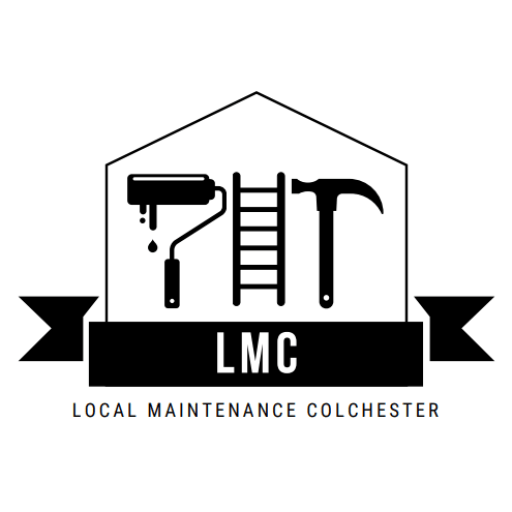In an era where self-sufficiency and cost-effectiveness are increasingly valued, mastering DIY repair techniques has become a valuable skill for homeowners across Britain. From minor fixes to more complex projects, empowering oneself with practical knowledge not only saves money but also fosters a sense of accomplishment and control over one’s living environment.
1. Start Small, Learn Big
Embarking on DIY repairs begins with simple tasks like fixing leaky taps, repairing squeaky doors, or replacing worn-out seals. These small victories build confidence and provide valuable hands-on experience, laying the foundation for tackling more challenging projects in the future.
2. Access to Information
The internet has revolutionised DIY repair education, offering a wealth of tutorials, forums, and step-by-step guides accessible at the touch of a button. Platforms like YouTube and DIY blogs provide visual demonstrations and expert advice, empowering homeowners to troubleshoot and resolve issues independently.
3. Essential Tools of the Trade
Investing in a basic toolkit equipped with essentials such as screwdrivers, pliers, a tape measure, and a quality drill is fundamental to any DIY enthusiast. These tools enable efficient and effective execution of repairs, ensuring tasks are completed with precision and safety.
4. Safety First
While DIY repairs can be rewarding, prioritising safety is paramount. Wearing protective gear, understanding electrical circuits, and turning off power sources before undertaking electrical work are crucial precautions to prevent accidents and ensure personal wellbeing.
5. Embracing Sustainability
Repairing rather than replacing not only extends the lifespan of household items but also promotes sustainability. From mending clothing and furniture to refurbishing old fixtures, DIY repairs contribute to reducing waste and minimising environmental impact.
6. Community and Collaboration
Joining local DIY groups or online communities fosters camaraderie and provides opportunities to share knowledge, seek advice, and celebrate successes. Collaborating with fellow enthusiasts enhances learning and inspires innovative approaches to common repair challenges.
7. Know When to Seek Professional Help
While DIY repairs offer significant benefits, recognising limitations and knowing when to enlist professional assistance is equally important. Complex plumbing, electrical rewiring, and structural repairs may require expertise beyond DIY capabilities, ensuring safety and compliance with regulations.
By embracing DIY repair techniques, homeowners not only cultivate practical skills but also gain greater control over their living spaces. From enhancing property value to fostering a sense of pride in maintaining one’s home, DIY repairs empower individuals to tackle challenges with confidence and resourcefulness, making every house a place of comfort, creativity, and self-expression.
